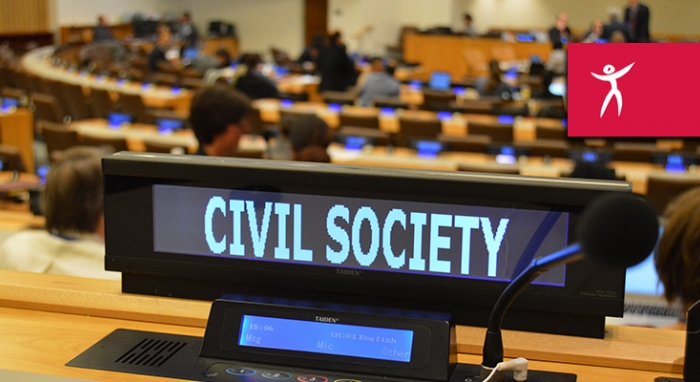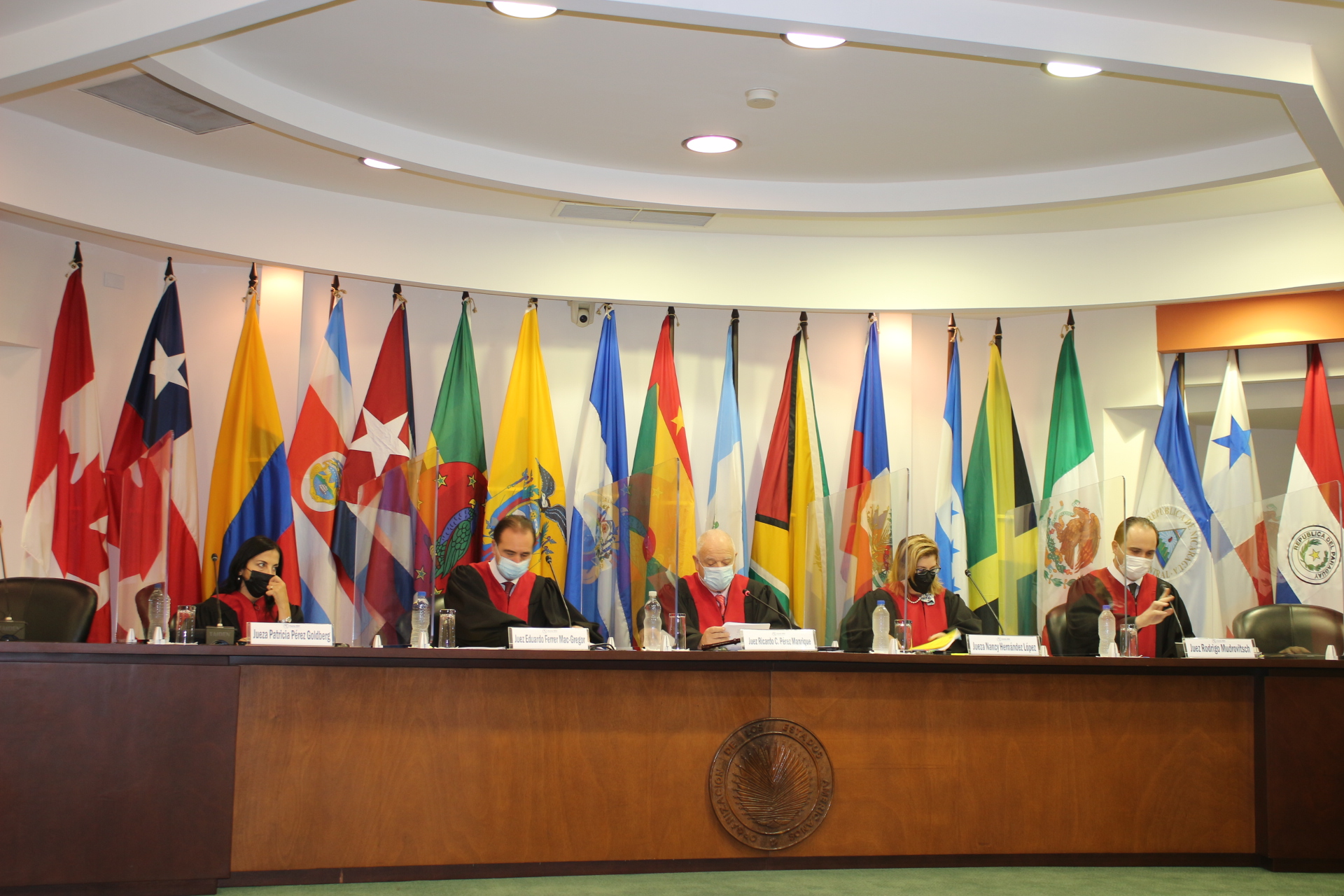For the first time, the Human Rights Council had a chance to have a dialogue on the Secretary-General’s annual report on reprisals on 20 September 2018. Civil society had hoped States would seize this opportunity to denounce States carrying out reprisals against defenders engaging with the UN. Regrettably only one State, Germany, made explicit reference to a case of reprisal in the report. ‘We welcome in particular Germany’s intervention in the dialogue, citing the case of Egyptian lawyer Ibrahim Metwally, detained since October 2017 by the Egyptian authorities’, said Salma El Hosseiny, ISHR Human Rights Council Advocate. ‘This is precisely what we need more of—States having the courage and conviction to stand up for defenders and call out countries that attack and intimidate them. What we see now is defenders dissuaded from engaging because the cost is too high. What we need is for States to turn away from repression and attacks, because the cost to them is too high,’ said El Hosseiny.
The Assistant Secretary-General for Human Rights (ASG) and senior official on reprisals, Andrew Gilmour, presented the Secretary-General’s annual report on reprisals during the first ever interactive dialogue with the Human Rights Council. The report catalogues 45 new cases of reprisals, ranging from travel bans and smear campaigns to arbitrary arrests and detention, inhuman treatment, torture, and killing. The ASG made it clear in his presentation that reported cases are just the ‘tip of the iceberg’ and spoke of three significant trends: (1) the systematic denigration of human rights defenders and civil society organizations as “terrorists”; (2) reprisals often being disguised as legal, political and administrative measures; and (3) the use of accreditation and security procedures to hinder people from speaking out at UN headquarters and elsewhere.
ISHR delivered a statement during the session citing cases of reprisals against Chinese defenders not included in the report—Wang Qiaoling, Li Wenzu, Cao Shunli, and Uyghur activist Dolkun Isa—and calling for systematic follow-up by the Council on cases in the report.
‘We are especially concerned, once again, about the high number of Council Members or candidates for Council membership cited in the report, including: Bahrain, Burundi, Cameroon, China, Cuba, Democratic Republic of Congo, Egypt, Hungary, India, Iraq, Japan, Kyrgyzstan, Mexico, Pakistan, Philippines, Rwanda, Saudi Arabia, United Arab Emirates, and Venezuela,’ said El Hosseiny.
Half of the States cited in the report intervened during the dialogue to deny the allegations against them. While a significant number of States engaging in the dialogue supported the mandate to varying degrees and asked the ASG what could be taken to strengthen it, another group questioned the ASG’s methodology. Still others firmly opposed the work of the ASG on reprisals, including China and Cuba. China said it ‘regrets and objects’ to the report and the mechanism, and its use of ‘unproven information’, which it deems an interference with its sovereignty.
A side event organised by ISHR following the dialogue highlighted the urgent need to improve both the physical and digital security of defenders at risk of reprisals, and for States and the OHCHR to take a stronger position on this issue at a time when powerful States are threatening the UN system and its core values. ISHR in particular noted its disappointment with the low number of States in the dialogue that took due note of the allegations in the report, as opposed to attacking the methodology of the report and the reliability of the information.
Watch the statement here:
Read ISHR’s full statement to the Council here.




